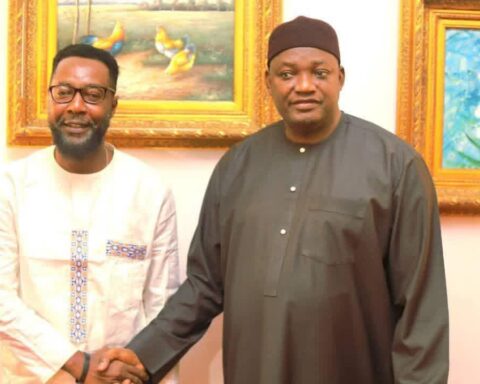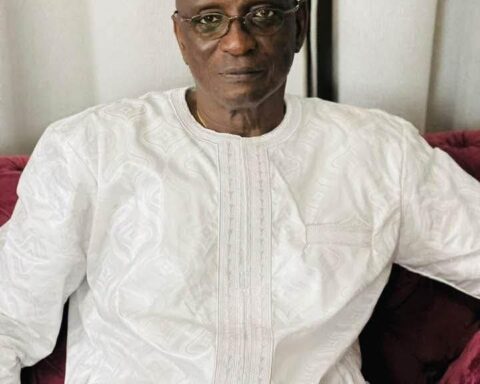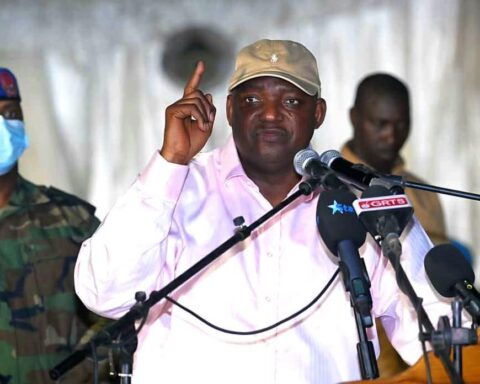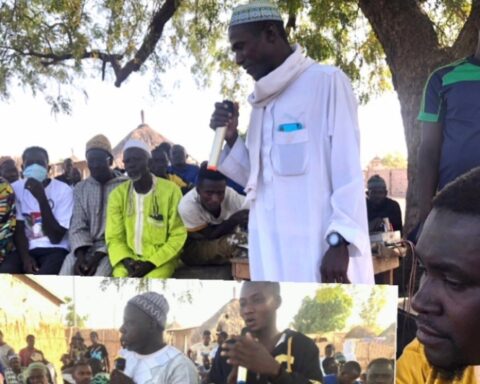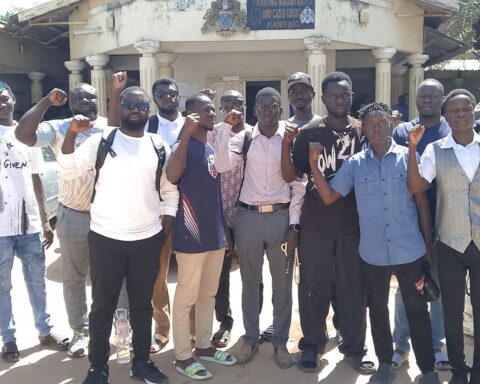The Gambia approaches the 2026 general elections, Mamadou Salieu Jallow a Youth leader has called on all conscious and honest Gambians to exercise their fundamental right by voting and campaigning for the right candidate. Jallow stresses the importance of making informed choices in order to address the ongoing issues of poor leadership and inefficient representation that have plagued the nation for years.
“It is always believed that man is a political animal by nature,” Jallow begins, urging citizens to take their civic duties seriously as they head to the polls. He reflects on the persistent challenges facing the country, despite the presence of energetic and educated intellectuals, attributing these issues to the self-centeredness and lack of empathy among the elite.
Jallow is particularly critical of those who have acquired Western education and are considered reasonable, yet continue to support incompetence in leadership. “How can you support incompetence and still complain of hardship and improper representation?” he asks, emphasizing the responsibility of the educated class to uphold integrity and prioritize the needs of the masses over personal or political interests.
He warns that the consequences of supporting incompetent leaders will eventually impact everyone, including the elites themselves. “Remember, as an educated or learned person in a society, people always look up to you as a role model, not knowing that your integrity and reasoning have been compromised,” Jallow cautions.
Jallow points out that almost 40% of The Gambia’s population has one or more family members employed by the government, and the services provided by these government officials directly affect the lives of ordinary citizens. He questions what services an incompetent candidate can offer once elected and highlights the endless complaints that will arise as a result.
“The double standards of the educated elites must change for a better Gambia,” Jallow asserts, calling for a shift in attitude and behavior among the country’s intellectuals.
He also highlights the severe lack of basic amenities in rural areas, where more than 75% of the population still struggles to access essentials like clean water. Jallow urges Gambians to visit villages in regions such as the Upper River Region (URR), Central River Region (CRR), Lower River Region (LRR), and North Bank Region (NBR) to witness the suffering of women and children firsthand.
“I assume the people most affected by poor leadership are those in the villages—farmers, children, and women,” Jallow states. He explains how these vulnerable groups can easily be swayed by small gifts, such as rice or sugar, due to their dire circumstances.
While acknowledging that people in urban areas also suffer, Jallow notes that their struggles are often related to the high cost of living and expensive services. In contrast, rural communities face a complete lack of infrastructure, including roads, electricity, clean water, employment opportunities, and support for the farming community.
Jallow also raises concerns about the education system in rural areas, pointing out that only two of the 13 senior secondary schools in URR offer pure science courses. He questions how a child in a remote village like Sotuma Samba Koi can afford to travel to Kombo for education and laments the fact that many rural students end up pursuing fields of study that do not align with their interests, rendering them unproductive.
Jallow is equally critical of the healthcare system, particularly in remote villages where the lack of drugs and rampant corruption within the healthcare system continue to harm the most vulnerable citizens. He highlights instances where nurses and other health personnel sell drugs at inflated prices, forcing patients to go to pharmacies where the cost is even higher.
In closing, Jallow calls on all Gambians to reject the status quo and support competent leaders who can address the nation’s challenges and improve the lives of all citizens. He emphasizes that the time has come to end double standards and work towards the development of the Gambia.




